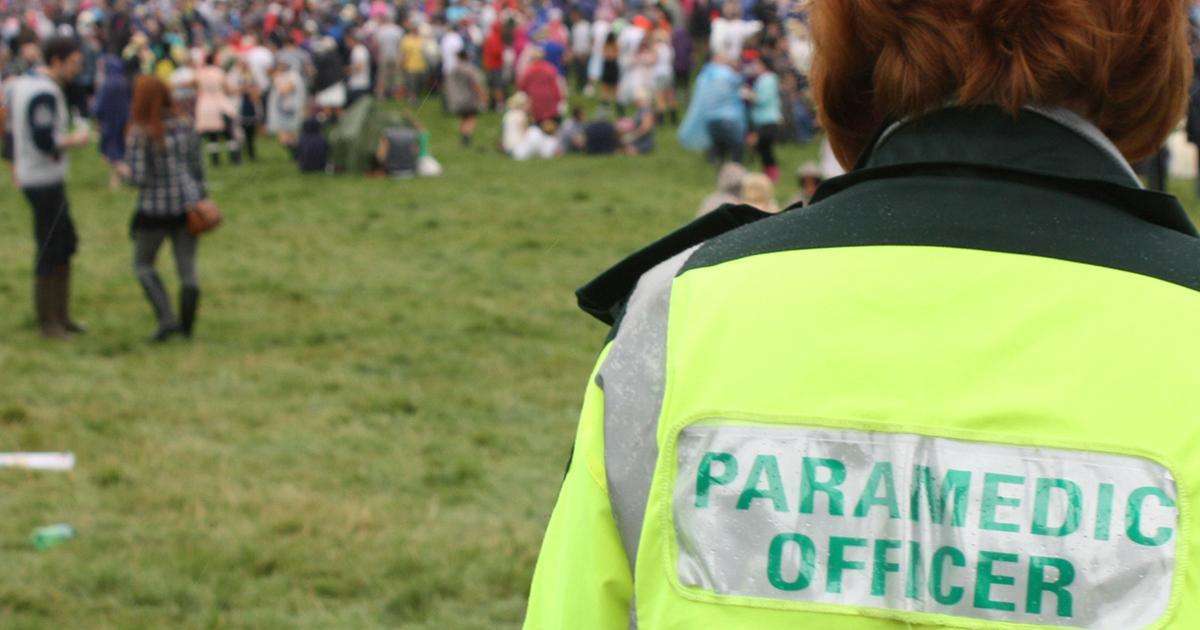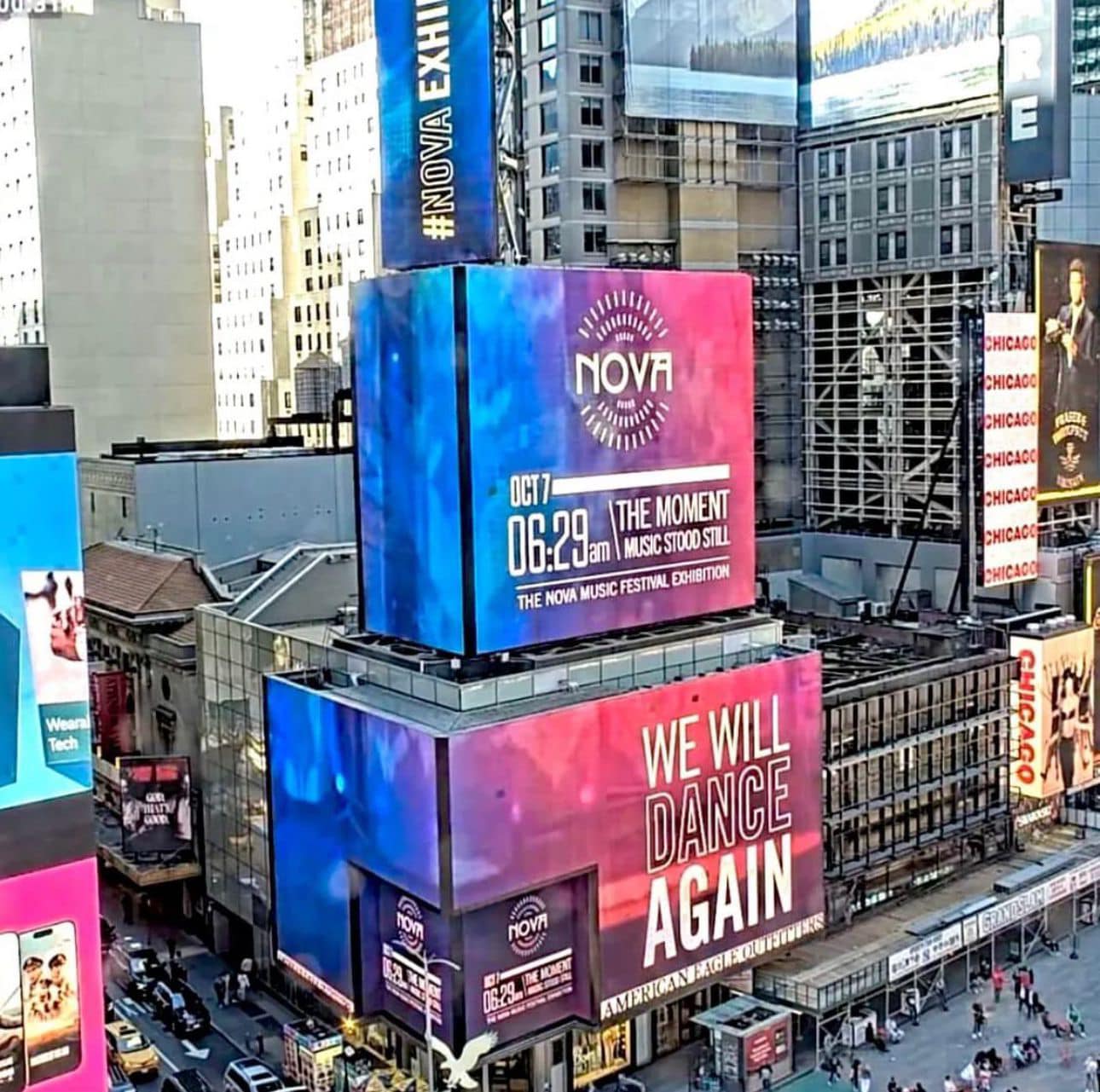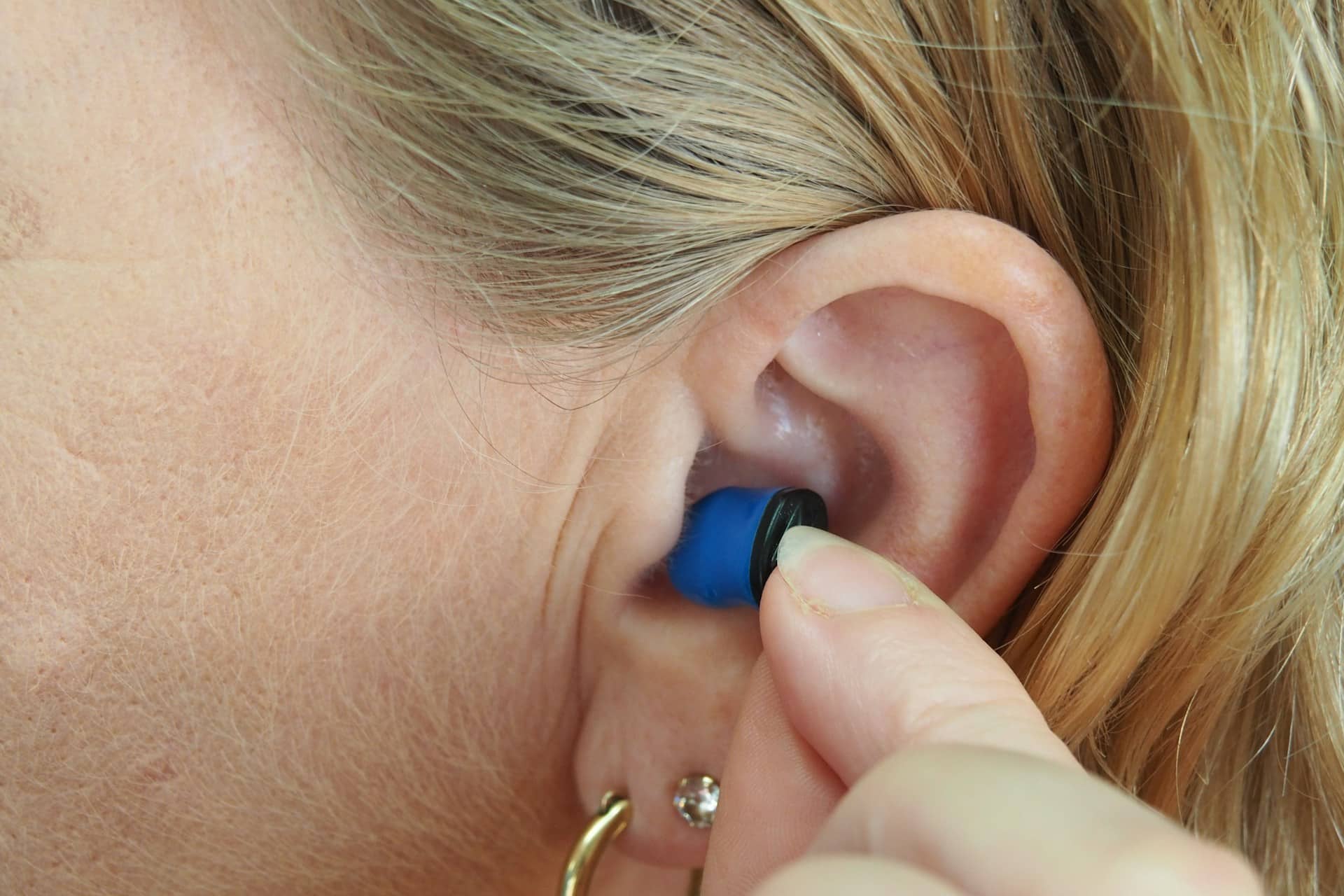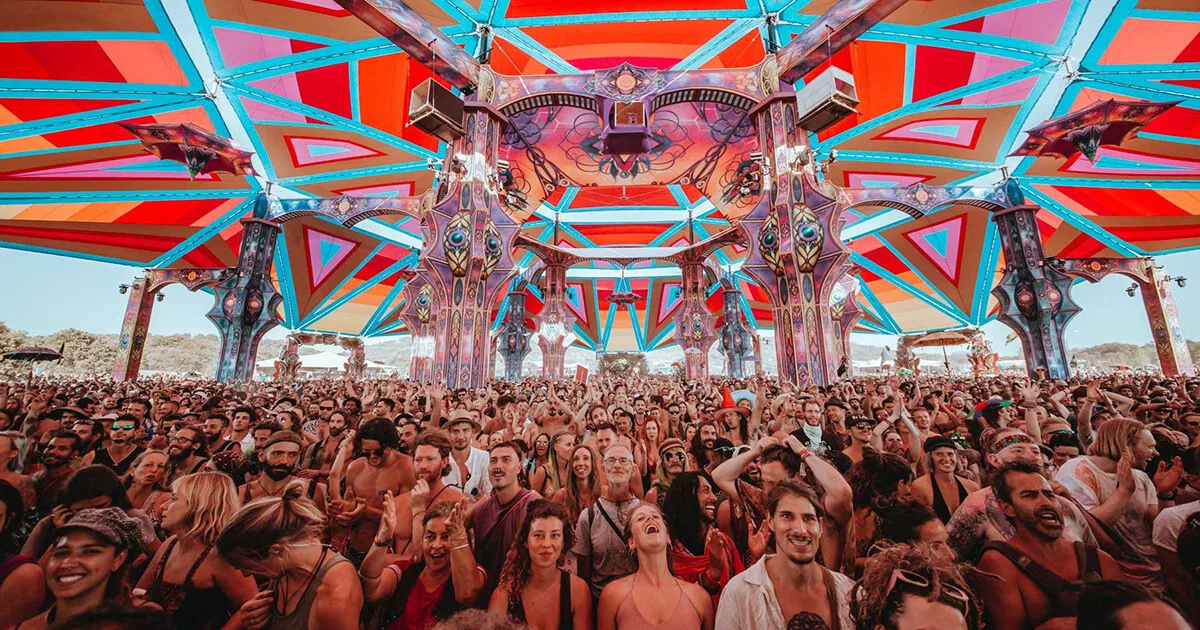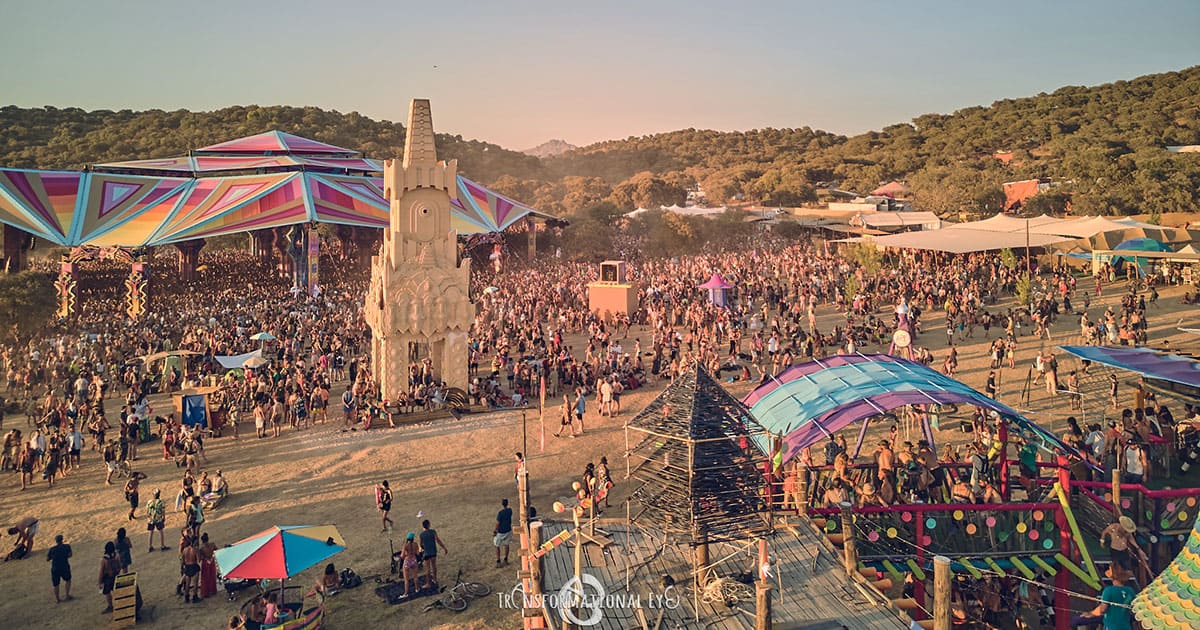The nature of these festivals – a young audience, in an outdoor environment, extreme weathers, dehydration and drug abuse make them a melting-pot for potentially harmful situations. This unpredictable environment means it is important for medical staff to be alert, professional and qualified to deal with a number of unique variables on festival grounds.
As an attendee – finding an events medic tent should be one of the first things you do. Every event or music festival is required to have one, and it’s included in your ticket price.
You should always feel comfortable approaching your medical staff for help, irrespective of if you’ve consumed illegal substances or not. Nothing that happens inside a medical tent should be shared with anyone if you over 18 – even your parents or the police.
The medical staff are there to help – not to judge. At all times they should be professional. They are not your friends but paid to keep you medically safe.
Medic tents tend to see a few hundred patients a day, covering conditions from hyperthermia (overheating) and nose bleeds to broken bones, food allergies, seizures and heart attacks.
Responsibilities and traits of a well-trained medic
- Provide assistance and information to festival attendees;
- Provide first-aid services, and if needed contact the hospital informing about urgent/emergent cases;
- Work as a bridge between performers, the public, and the production team;
- Share with attendees the organization values so that the place is kept clean and available for others to use.
- Responsibility
- Respectfulness towards others
- Multi-purpose
- Autonomy
- Able to work as part of a team
- Pro-activity
- Innovative and Creative
- Tranquility and able to bring peace to such a stressful environment
- Ability to handle pressure and unforeseen situations
- Reliable and hardworking, with a team-player attitude;
- Multitasking skills;
- Strong communication skills;
- Positive attitude;
- Problem solving skills.
- Stay sober and not partake in festival activities.
Common medical issues at festivals
Heat-related illnesses are the number 1 issue at festivals. Several factors, such as ambient temperatures, physical activity and certain drugs can defeat the body’s heat-regulating mechanisms and cause your temperature to spike above the safe zone.
Symptoms may include lightheadedness or dizziness, headaches, and nausea or vomiting. Extreme body temperatures, typically above 40 degrees Celcius, can become a medical emergency and require immediate treatment to prevent serious damage or death.
Dehydration is another big issue that can cause your body to lose its ability to function normally. It’s important to drink enough water, but you should also make sure to drink beverages containing electrolytes (e.g., potassium and sodium) to restore your body’s electrolyte balance.
Conditions caused by drug and alcohol use are fairly common as well, and some can be serious. One of the most concerning drugs is MDMA or Ecstasy, because it can impair the body’s ability to regulate its core temperature. Couple that with dancing for hours and it easily puts people at high risk for hyperthermia and dehydration.
Low temperatures after sunset are another issue to prepare for. Make sure you have a jacket or jersey, but nothing that’s going to make you too hot.
Proper festival attire also includes appropriate shoes. A lot of foot injuries, such as blisters from dancing in flip-flops for 12 hours.
Signs you or a friend should seek medical assistance
To know when you or a friend needs help, recognize the signs of hyperthermia and possible drug overdose:
- Breathing too fast or too slow
- Talking very fast or erratically without making sense
- Sweating profusely
- Not sweating at all when everyone else is sweating
- Excessive fidgeting or moving around, jaw-popping or chewing aggressively
- Vomiting
- Trouble walking
- Drowsiness or sleeping in an unlikely place
Many of these symptoms could be nothing. But it’s always best to play it safe. The medical staff should never judge you, even if you are over reacting.
How to reduce drug-related risks
Some drugs are inherently dangerous and easy to overdose on. Others become a problem when mixed with other substances. To complicate things further, you don’t always know what substances are actually in a drug you bought from a stranger.
If you’re set on taking drugs, there are ways to do it in a less risky manner.
The first step is to test your drugs, by using a kit bought online or visiting groups that do testing at festivals. If you plan to take multiple drugs during the festival, do your research on mixing drugs and plan your drug schedule beforehand. There are a lot of drugs that are safe on their own but incredibly dangerous if mixed together.
When taking drugs, especially those you haven’t tried before, make sure you have a friend with you. It’s always best to start by taking half of what is considered the normal dose.
Lastly, if something happens and you’re taken to the doctors, you might not be in a state to inform them about your medical history or conditions you might have. Write down your medical history and put it in your pocket. The medical staff would love you for it.
For a qualified medical team at your event or function, search the event supplier directory.
